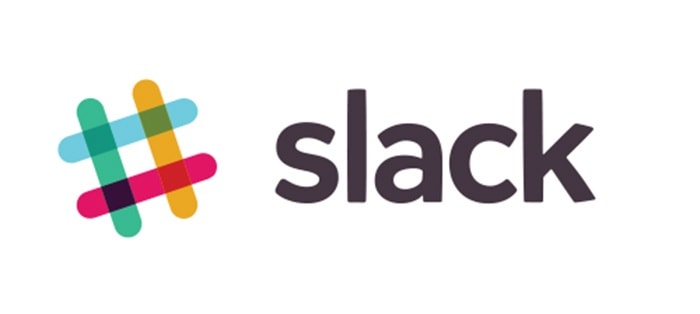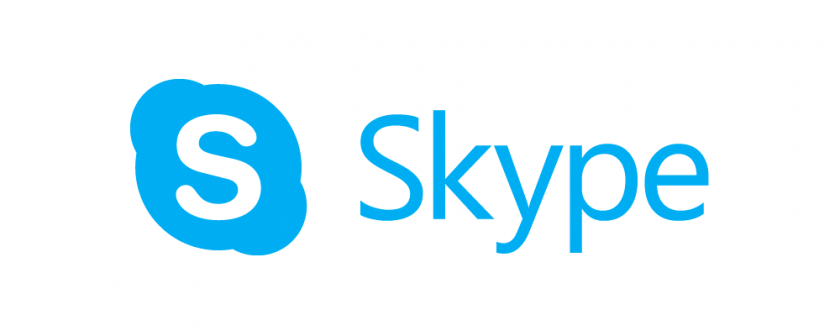We’re not saying you MUST outsource software development. We’re simply saying that you may want to consider it while building your Minimum Viable Product.
It’s totally up to you, or more specifically, your business strategy. Deciding when and what to outsource is tricky.
For us, the best practice is to apply the words of none other than Winston Churchill. One principle defined Churchill more than any other – singularity of purpose.
Think about your primary goal, your purpose as a business. Then, based on Churchill’s principle, consider giving serious attention to OMTM.
OMTM is The One Metric That Matters, a concept described in Lean Analytics: Use Data to Build a Better Startup Faster. The authors, Alistair Croll and Benjamin Yoskovitz, describe it as the one number, the one KPI, you should be completely focused on in your current stage. They state that “looking at CLV [Customer Lifetime Value] isn’t meaningful when you’re validating a problem, but it might be the right metric to focus on as you’re approaching product/market fit.”
Let’s follow the reasoning in Lean Analytics and talk about Moz, one of the most successful Saas (Software as a Service) companies in the SEO-optimization field. When the company was planning its development, one of the investors suggested reducing the number of metrics Moz was tracking. In the end, they decided to rely on one statistic: Net Adds.





